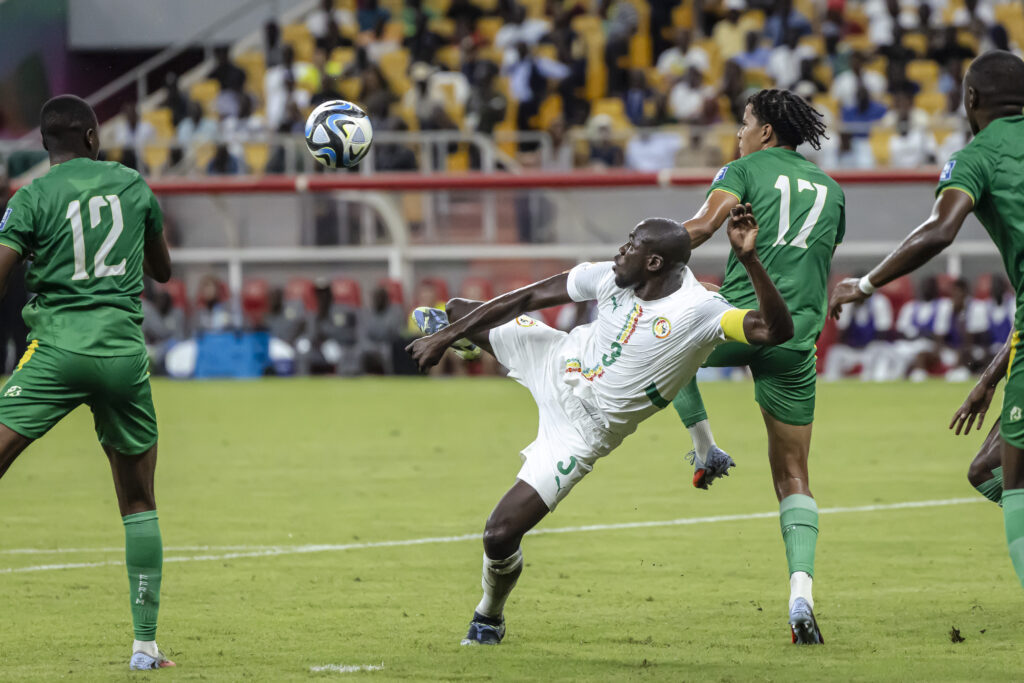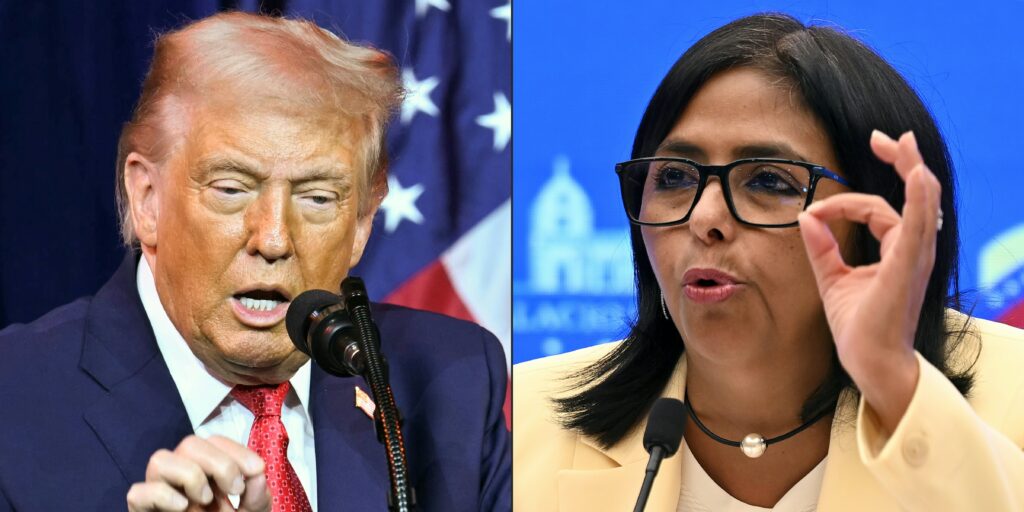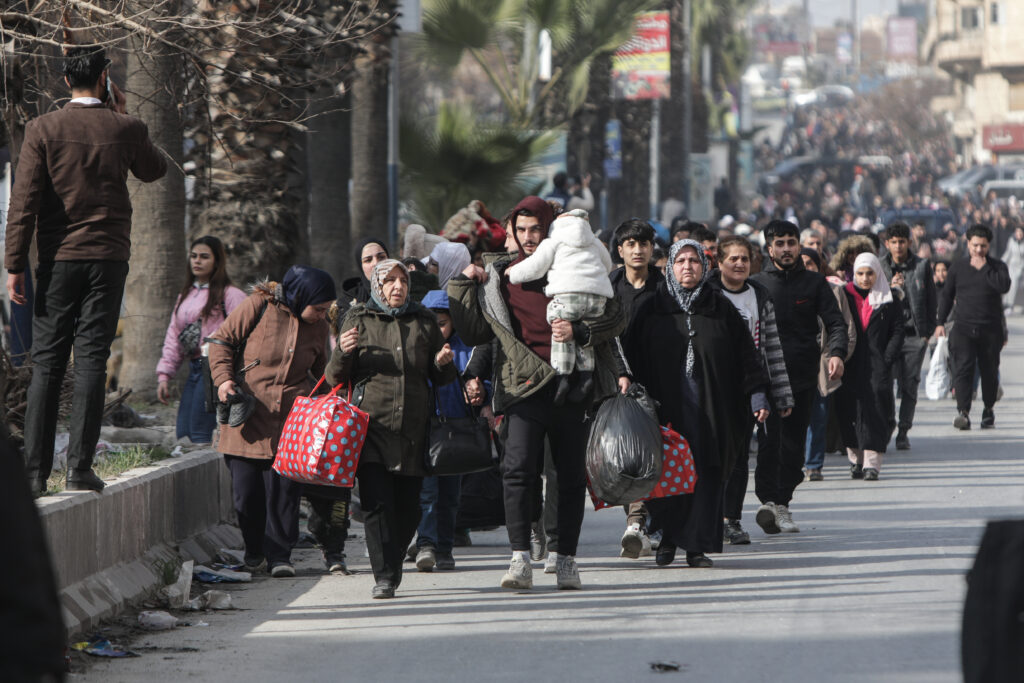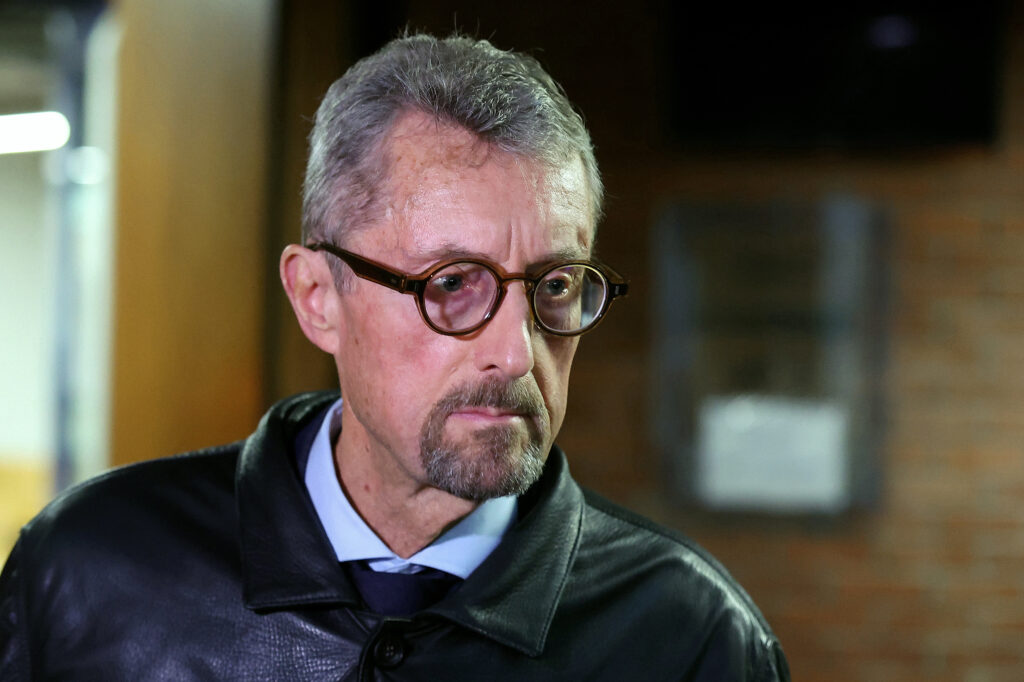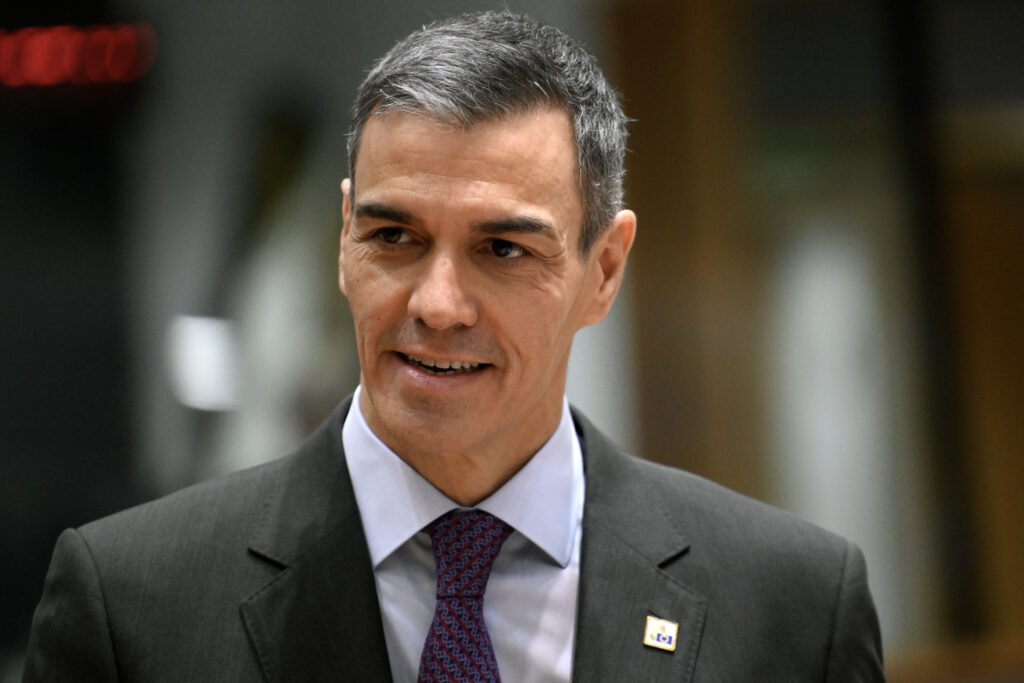CAN-2025: Koulibaly, le Lion centenaire du Sénégal
Le Sénégal retrouve son capitaine au cœur de Lion, Kalidou Koulibaly, après un match de suspension, pour sa 101e sélection, en quart de finale de Coupe d’Afrique contre le Mali, vendredi (16h00) à Tanger.Le retour du patron. Son autorité a manqué contre le Soudan, écarté (3-1) en 8e après quelques errements défensifs en début de rencontre.Koulibaly était suspendu à la suite de son exclusion pour une vilaine semelle sur le Béninois Aiyegun Tosin, mais s’est “sacrifié pour l’équipe et continuera de le faire”, selon son sélectionneur Pape Thiaw.Porteur du brassard depuis 2019, toujours titulaire sauf pour sa deuxième sélection, Koulibaly (34 ans) est l’immortel capitaine, celui qui a soulevé pour la première fois de l’histoire du foot sénégalais le trophée de la CAN dans le ciel africain, en 2022 au Cameroun.Une belle revanche pour un joueur qui était suspendu pour la finale 2019, la première d’une génération dorée au Sénégal, perdue contre l’Algérie (1-0) avec un but encaissé sur une erreur de défense en tout début de rencontre, de quoi aviver ses regrets.Celui que les tifosi du Napoli, où il a joué huit ans (2014-2022), surnommaient “le Roc”, est un des mousquetaires trentenaires de la tanière, avec Sadio Mané (33 ans, 121 sélections), Gana Gueye (36 ans, 125 sél.) et le gardien Edouard Mendy (33 ans, 53 sél.).Les quatre vieux Lions règnent sur une des meilleures sélections africaines de la décennie, qui va disputer son troisième Mondial de rang et y affronter la France le 16 juin, en poule. Ils assurent la transition vers de plus jeunes joueurs à l’éclosion annoncée, symbolisés au Maroc par le Titi parisien Ibrahim Mbaye.- “L’exemple” -“Mané, Koulibaly et les cadres nous ont montré l’exemple”, assure Antoine Mendy (21 ans), “ils ont disputé au moins cinq ou six CAN. Ils vont encadrer tout le groupe pour nous apporter les meilleures solutions.”Le premier d’entre eux reste celui que la presse italienne surnommait “Kalidoubum” pour un but d’anthologie contre la Juventus. Il est le premier frappeur des séances de tirs au but et a toujours réussi le sien.Il avait notamment parfaitement lancé la séance vers le sacre lors de la glorieuse finale contre l’Égypte à Yaoundé (0-0, 4 t.a.b. à 2).Les Lions pourraient avoir besoin de cette assurance si le quart de finale va jusqu’aux tirs au but, car ils ont perdu les deux autres séances disputées avec Koulibaly, malgré sa réussite en ouverture, contre le Cameroun en quarts en 2017 (0-0, 5 t.a.b. à 4) et face à la Côte d’Ivoire en 8e (1-1, 5 t.a.b. à 4) il y a deux ans.Koulibaly n’est pas un buteur, deux fois seulement en 100 sélections, dont un but capital contre l’Equateur (2-1) en Coupe du monde 2022 pour assurer la qualification en 8e, mais le Sénégal peut compter sur son indéfectible amour du maillot.- “Lumière dans les yeux” -Quatrième du Mondial-2011 des U20 avec les Bleuets d’Antoine Griezmann et Alexandre Lacazette, le joueur né dans les Vosges et formé au FC Metz a opté pour les Lions de la Teranga et honoré sa première cape en septembre 2015, lors d’une victoire contre la Namibie (2-0).”C’était un choix très, très important, racontait-il au site de Chelsea (où il a joué en 2022-2023), car j’aurais pu jouer pour l’équipe de France, mais à 23 ou 24 ans, j’ai décidé de jouer pour le Sénégal, parce qu’ils m’attendaient”.”Quand j’ai dit (à mes parents) que je voulais jouer pour le Sénégal, j’ai vu la lumière dans leurs yeux et j’ai su que c’était le bon choix”, ajoutait le défenseur qui joue désormais à Al-Hilal en Arabie Saoudite.Un choix qu’il a su imposer au bouillant président de Naples Aurelio De Laurentiis, qui avait dit ne plus vouloir recruter de joueurs africains à moins qu’ils ne renoncent à disputer la CAN. “On ne peut pas parler d’une équipe nationale africaine de cette manière”, avait tonné le Lion.
